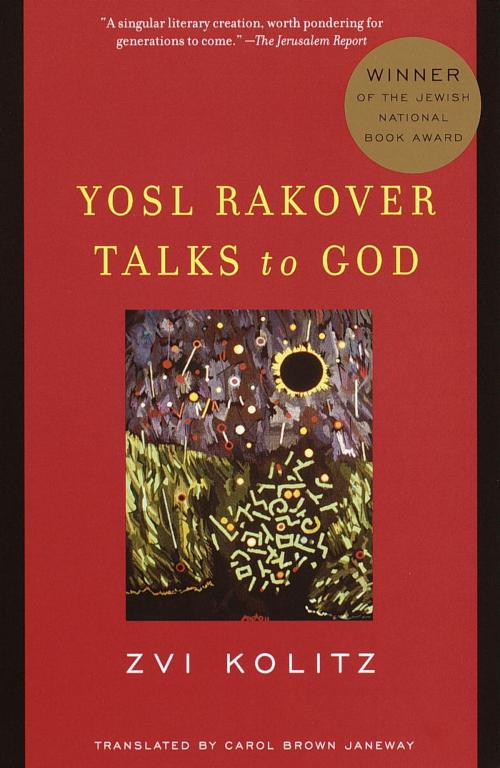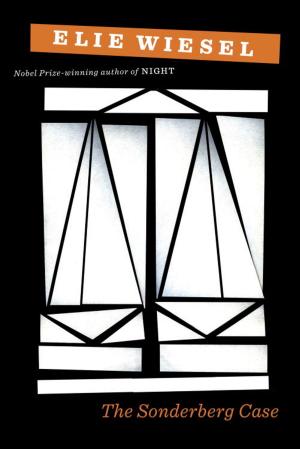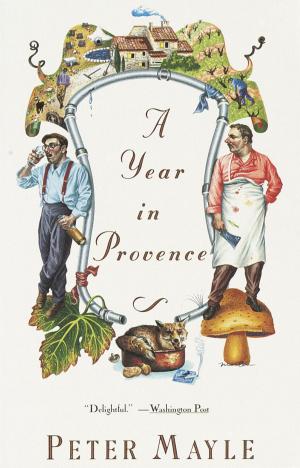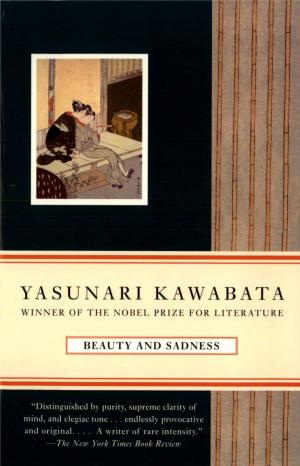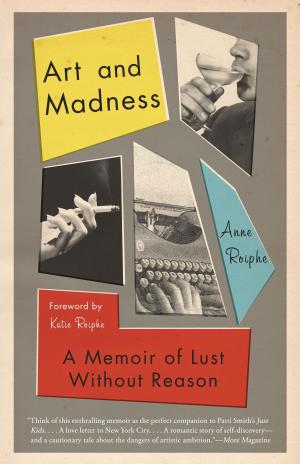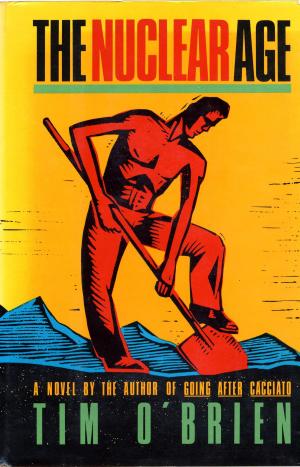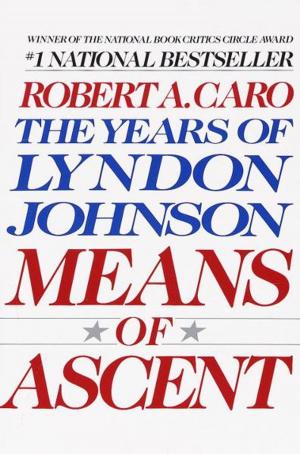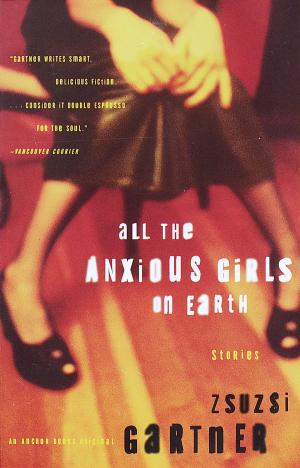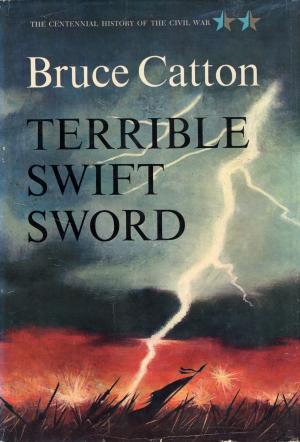| Author: | Zvi Kolitz | ISBN: | 9780307797803 |
| Publisher: | Knopf Doubleday Publishing Group | Publication: | June 29, 2011 |
| Imprint: | Vintage | Language: | English |
| Author: | Zvi Kolitz |
| ISBN: | 9780307797803 |
| Publisher: | Knopf Doubleday Publishing Group |
| Publication: | June 29, 2011 |
| Imprint: | Vintage |
| Language: | English |
A dying Jew's last words to God -- a text that is regarded as the greatest piece of writing to have emerged from the Holocaust -- the story of how it came to be written, and the afterlife of both the author and his creation.
As the German tanks destroy the Warsaw Ghetto, one of the few remaining fighters, Yosl Rakover, writes out his last words to God, seals the text in a glass bottle, and thrusts it into the rubble before preparing to die. The text surfaces in Europe in the 1950s, is passed from hand to hand, is broadcast on Radio Berlin -- where it is acclaimed by Thomas Mann as a religious masterpiece -- is anthologized and translated into many languages.
But what is hailed as the most important testament of the Holocaust is in fact a short story, written in 1946 for a Yiddish newspaper by a remarkable young Jew, Zvi Kolitz, in Buenos Aires, where he had gone to raise money for the Jewish underground in the struggle to establish the State of Israel. The Borgesian story of what happened to the text and to Kolitz in the fifty years since, and the detective work of German journalist Paul Badde that resulted in their eventual rejoining, form the second part of this fascinating book. And in an afterword, the great French philosopher Emmanuel Lévinas's meditation on the text is answered in a commentary by Leon Wieseltier.
Already an acclaimed bestseller in Europe, Yosl Rakover Talks to God restores a blazing artifact of twentieth-century writing to its true setting.
A dying Jew's last words to God -- a text that is regarded as the greatest piece of writing to have emerged from the Holocaust -- the story of how it came to be written, and the afterlife of both the author and his creation.
As the German tanks destroy the Warsaw Ghetto, one of the few remaining fighters, Yosl Rakover, writes out his last words to God, seals the text in a glass bottle, and thrusts it into the rubble before preparing to die. The text surfaces in Europe in the 1950s, is passed from hand to hand, is broadcast on Radio Berlin -- where it is acclaimed by Thomas Mann as a religious masterpiece -- is anthologized and translated into many languages.
But what is hailed as the most important testament of the Holocaust is in fact a short story, written in 1946 for a Yiddish newspaper by a remarkable young Jew, Zvi Kolitz, in Buenos Aires, where he had gone to raise money for the Jewish underground in the struggle to establish the State of Israel. The Borgesian story of what happened to the text and to Kolitz in the fifty years since, and the detective work of German journalist Paul Badde that resulted in their eventual rejoining, form the second part of this fascinating book. And in an afterword, the great French philosopher Emmanuel Lévinas's meditation on the text is answered in a commentary by Leon Wieseltier.
Already an acclaimed bestseller in Europe, Yosl Rakover Talks to God restores a blazing artifact of twentieth-century writing to its true setting.
